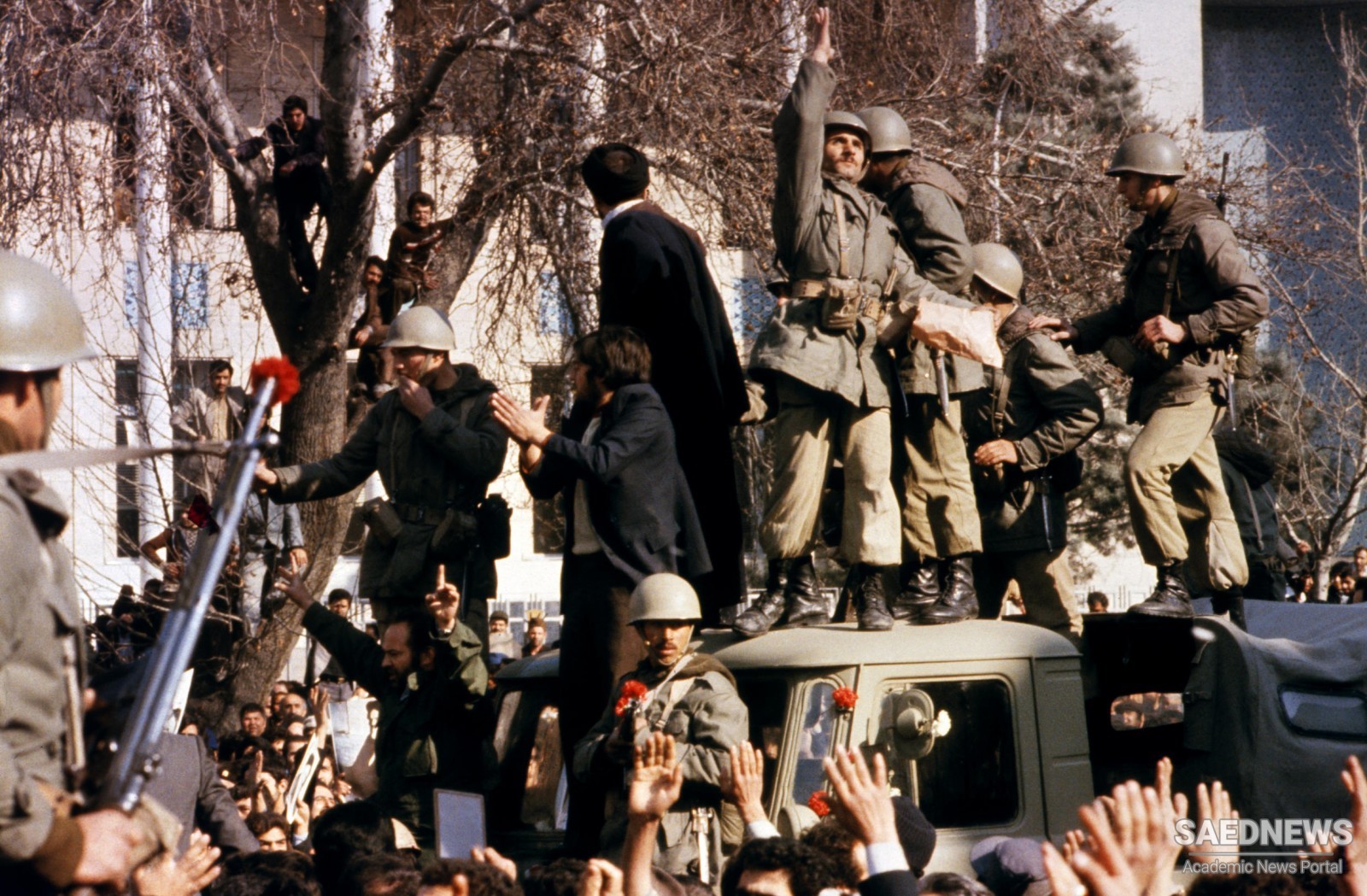Two obstacles remained between the revolutionary movement and the achievement of complete dominance – Bakhtiar’s government and the armed forces. But neither was as impressive as it seemed. After a year of conflict with the demonstrators the armed forces were uncertain and divided – both the rank and file and the leadership. Many officers and some units, notably the Imperial Guard, which had been specially favoured with pay, prestige and promotion by the previous regime, were still devoted to the Shah. But recruitment to the armed forces was based on conscription, and many ordinary servicemen were as enthusiastic about the revolutionary movement and the return of Imam Khomeini as other, ordinary citizens. The Shah himself had put rival officers and even mutual enemies into senior positions in the armed forces, in order to reduce the chance of their combining against him and plotting a coup. But this meant that when the Shah had gone – ‘with no forwarding address’ – those senior officers found themselves at odds with each other and unable to agree upon concerted action. Even when the Shah had still been in place, there had been much disagreement about how best to deal with the demonstrations, with the Shah himself exerting a restraining infl uence, and some offi cers favouring much harsher measures. Disaffection among the military increased after the Shah’s departure, and, although there has been disagreement over estimates of the level of desertions, it seems plain that these increased to perhaps 1 , 200 per day by the second week of February. The revolutionaries encouraged the disaffection, not just by propaganda and planting fl owers in the muzzles of carbines during demonstrations, but also by setting up centres to provide deserters with civilian clothes and expenses to cover their journey home by bus. 14 Many offi cers had resigned after 16January, and several senior fi gures defected after Imam Khomeini’s return. And many, retired or otherwise, were offering their services to Bazargan or his colleagues (or to anyone who would listen) after 5 February.


 Iran's Armed Forces Ready to Defend the Country against Enemy
Iran's Armed Forces Ready to Defend the Country against Enemy














































